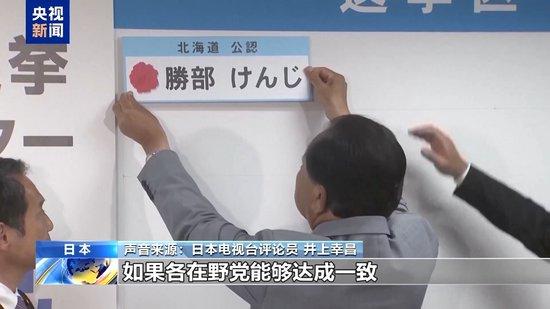
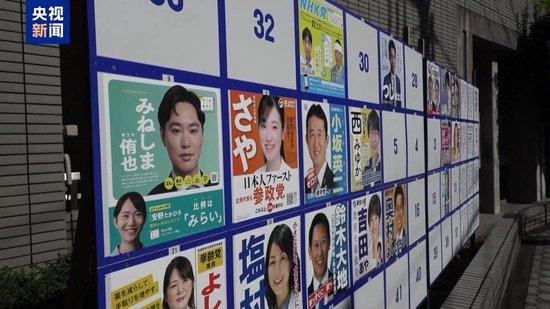
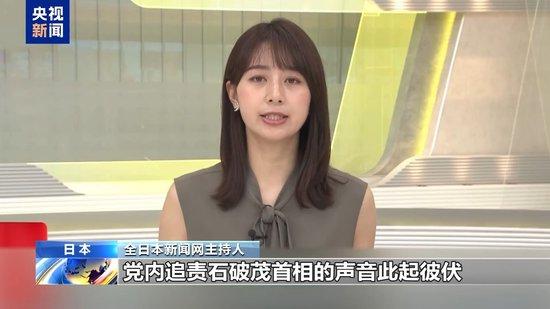
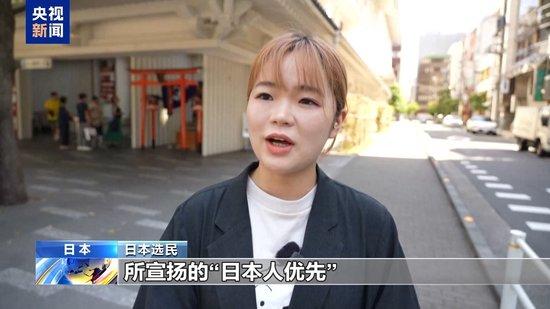
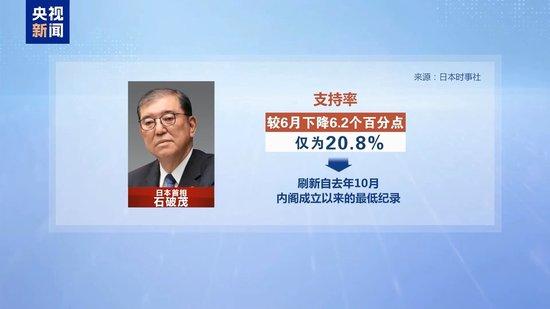
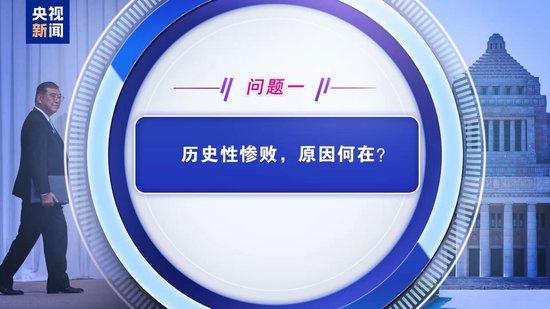
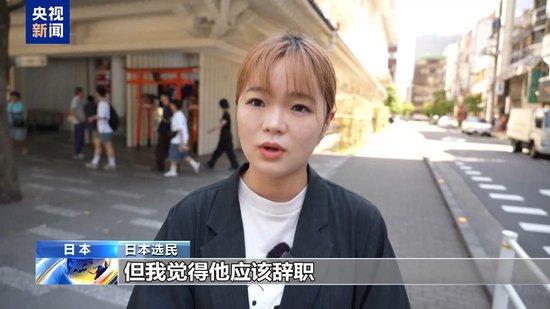
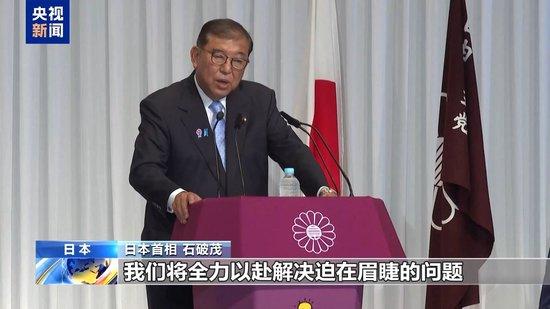
On July 21, the final results of Japan’s Senate election showed that the ruling coalition formed by the Liberal Democratic Party and the Komeito Party failed to secure more than half of the seats in the Senate.
This marks the first time since the Liberal Democratic Party was established in 1955 that it has not secured a majority in both houses of parliament. This means that both houses of parliament have seen a “minority in power” situation.
Why is this a “historic defeat?” Can Shigeru Ishiba remain Prime Minister? What are the possible trends in Japan’s future political landscape? Read on to understand↓
Shigeru Ishiba stated he would continue to serve as Prime Minister.
On July 21, at the Liberal Democratic Party headquarters, Ishiba expressed his regret for the loss in the Senate election but also mentioned that to stabilize Japanese politics,
I am currently not considering my term of office as Prime Minister. As I just said, we will do our utmost to address pressing issues, such as US tariff measures, rising prices, and potential natural disasters at any moment.
Japan will continue to advance trade negotiations with the United States.
Speaking about trade negotiations with the US, Ishiba mentioned that Economic Reconstruction Minister Hiroshi Abe had already set off for the US earlier that morning, marking his eighth trip to the US for trade talks. Ishiba expressed hope that through negotiations, an agreement favorable to both Japan and the US could be reached, and he is willing to hold talks with President Donald Trump as soon as possible.
Is Shigeru Ishiba still going to continue serving as Prime Minister? Japanese voters are not convinced.
Although Ishiba stated he would continue to serve as Prime Minister, Japanese voters are not buying into this.
I don’t know how Ishiba will handle being so defeated, but I think he should resign.
The situation will become very difficult. The opposition parties won’t listen to the Liberal Democratic Party; they will exploit its current unpopularity. So, I believe the Liberal Democratic Party will face tough times ahead.
A recent poll released by Kyodo News shows that
the support rate for Ishiba’s cabinet has dropped to 20.8%, setting a new low since his inauguration.
In Japan’s political tradition, a 30% threshold is considered “dangerous waters,” and falling below 20% signifies “the watershed.”
What are the reasons behind the defeat of the ruling coalition in Japan?
The main reason for the crushing defeat of the ruling coalition lies in what? Despite Shimojo Kaoru’s stated intention to continue serving as Prime Minister, can the situation truly unfold as he wishes? What trends will emerge in Japanese politics in the future?
A historic defeat: What was the cause?
Public dissatisfaction with soaring prices, aging traditional party image
Analysts believe that public dissatisfaction with rising prices, policy responses being ineffective, and the aging image of traditional parties leading to voter loss are the main reasons for this unprecedented defeat of the ruling coalition. This also exposes deep-seated crises in policy response and public communication within the ruling coalition.
We once had high hopes for voting for the Liberal Democratic Party, but our voices were completely unheard, and the economy remained stagnant.
I think it’s natural for the New Democracy Party to advocate for “Japanese priority” because they have made such significant progress and won so many votes.
Can Shimojo Kaoru still be Prime Minister of Japan?
Firstly, there is no mandatory system at the institutional level. Senate elections differ from House of Representatives elections, not involving the “Prime Ministerial nomination election” phase, meaning there is no need to re-elect the Prime Minister through a process.
Secondly, opposition parties are divided. While opposition parties have consensus on livelihood issues, they clearly diverge on key policies like constitution and security, making it unlikely to form a united front to propose a no-confidence motion in a short period.
Moreover, Japan-US trade negotiations are at a critical stage. If Shimojo Kaoru resigns, the Japanese Minister for Economic Revitalization who has been responsible for US trade negotiations, Abe Shinzo, might also resign, forcing negotiations to start from scratch.
Public calls for Shimojo Kaoru’s resignation within the Liberal Democratic Party
However, Japanese media have revealed that calls for Shimojo Kaoru’s resignation within the Liberal Democratic Party have become public.
Japan News Network host:
Following the defeat of the Liberal Democratic Party, calls for accountability within the party have been heard from various quarters.
Commentator from Japan Television, Inoue, mentioned that there might be a move to submit a cabinet impeachment by the opposition parties. Representative of the Constitutional Democratic Party, Katsunobu Kato, stated on the evening of the 20th that he would make a judgment after observing the meeting with Prime Minister Taro Kono. If all opposition parties can reach a consensus, an impeachment could pass, potentially leading to the dissolution of the House of Representatives or the resignation of the cabinet.
The prospects for Taro Kono’s administration are concerning
Experts indicate that this Senate election defeat does not directly lead to the immediate removal of the current Prime Minister. Taro Kono also expressed his desire to continue governing and lead the Liberal Democratic Party out of its difficulties after the election ended.
This election loss has caused significant damage to Taro Kono’s political prestige, including his political foundation, which should still be felt in the short term. Therefore, whether from outside or within the Liberal Democratic Party, doubts about him will not easily subside in such circumstances.
What trends exist in Japan’s future political landscape?
Japanese politics are becoming more conservative and populist
Experts analyze that this election reflects the Liberal Democratic Party’s so-called long-term stable governance, facing unprecedented severe challenges. This also indicates that internal issues within the Liberal Democratic Party have been recognized by the public and severely questioned. At the same time, we can see the rise of new political parties, including some populist ones, and the diminishing influence of traditional center-left parties. This reflects a growing trend towards overall conservatism and populism in Japanese society, as well as the exacerbation of social division and extremism due to prominent socio-economic development issues.